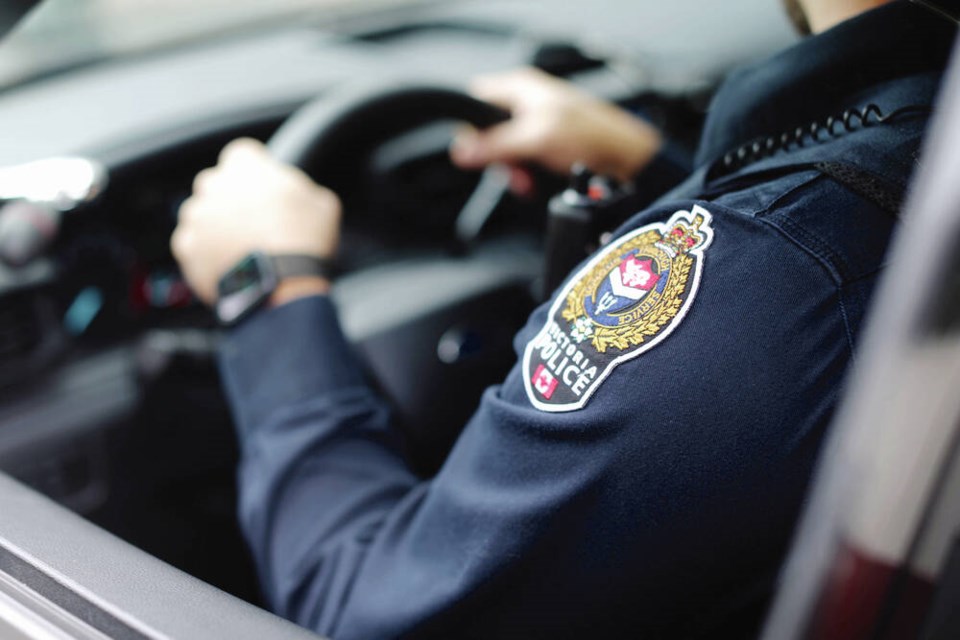Last week the Greater Victoria School Board voted unanimously to end its decades-long police officer liaison program.
Board chair Nicole Duncan gave as her explanation the “trauma and harm” that some students experience when police officers are present at their school. In particular, she cited the need to protect Black and Indigenous students from this form of trauma.
She added that some staff members also don’t feel safe in the presence of police officers.
While no doubt well-intended, the board’s decision is in every respect wrong-headed and destructive.
One of the reasons why liaison officers are important is that gangs see school kids as potential recruits.
Drug dealers, likewise, view playgrounds as a marketplace.
While the presence of police officers at schools is not in itself a cure-all for these forms of predatory behaviour, their withdrawal is the equivalent of an invitation.
It may indeed be, as the board chair has stated, that some students are anxious or fearful in the presence of police officers. That is most concerning.
Yet aren’t they more at risk, and serious risk, at the hands of gang recruiters or drug distributors?
There is another aspect to consider. If it is in fact the case that some minority kids fear the police, doesn’t banishing officers suggest their fear is grounded?
Isn’t the board, unintentionally no doubt, sending a message that police officers are indeed a threat, so much so that they must be sent packing?
If some children, and indeed staff members experience this fear, shouldn’t we aim to dispel it rather than give in to it, to confront it rather than hide?
Both the Victoria and Saanich police departments have pointed out the value of the liaison program in countering the stereotype that all police are to be distrusted.
By meeting students casually and offering their support, they help build back a trust that our society surely needs.
For police forces play an essential and supportive role in the community. Stigmatizing them as a frightening presence serves no useful purpose. Indeed it harms all of us.
And here a further point arises. We look to our school system to prepare kids for the challenges of adulthood and the responsibilities of citizenship.
One of those challenges is how to interact with police officers in a sensible and constructive manner should the occasion arise, whether as a victim of crime, or as a perpetrator.
If kids are not helped to develop these skills in high school, they may not have another opportunity and any distrust they have will go unresolved. This is a serious shortcoming in helping kids learn how to be effective members of the community.
Yes, of course, there are biased officers on every force. We read of undue violence by uniformed men and women sworn to uphold the law.
Though we also see the compassion and strength of police officers helping street people downtown, participating in supportive community events like the Tour de Rock to support cancer care, and with good humour working to keep order in crowded outdoor entertainment events.
If, as the board chair says, there are both students and teachers who fear the police, the proper response would have been to sit down with the heads of the Victoria and Saanich police departments and work through the problem.
Without question, such an invitation would have been met with open arms. Our police forces understand fully the need to interact sympathetically with school staff and students.
Instead we have a closing of doors, and a closing, too, of minds. This is not how a responsible group of elected officials would behave.
The board should reconsider its unfortunate decision.
>>> To comment on this article, write a letter to the editor: [email protected]



